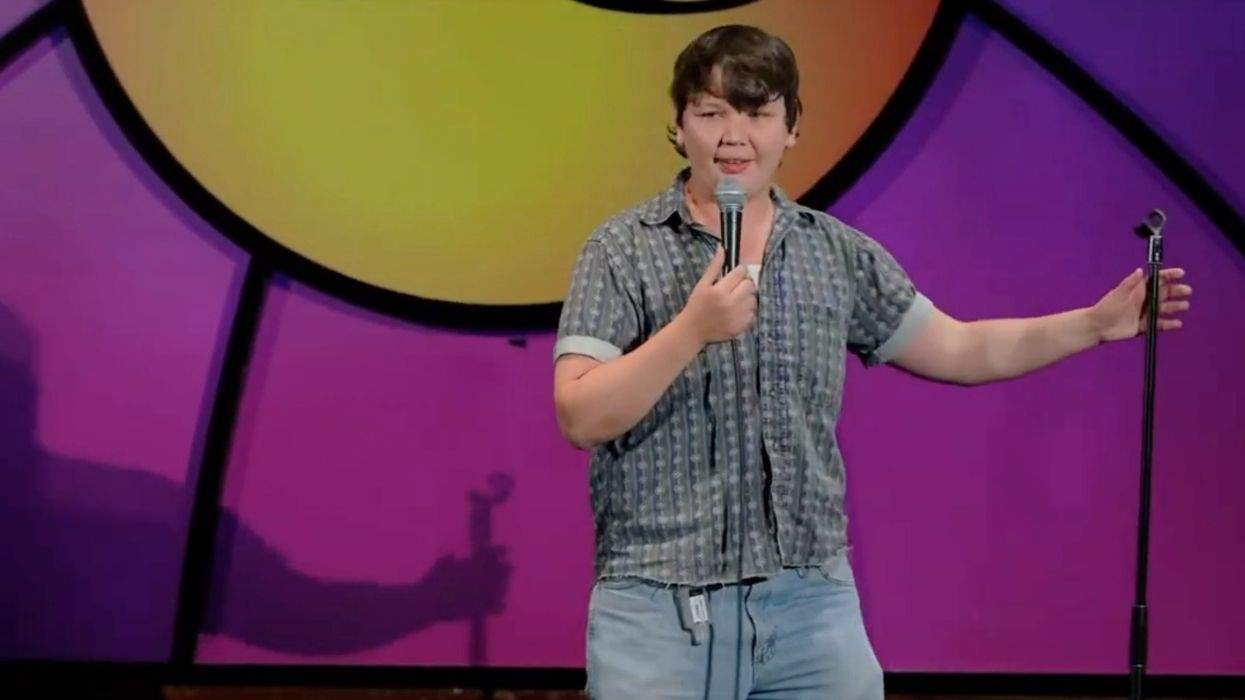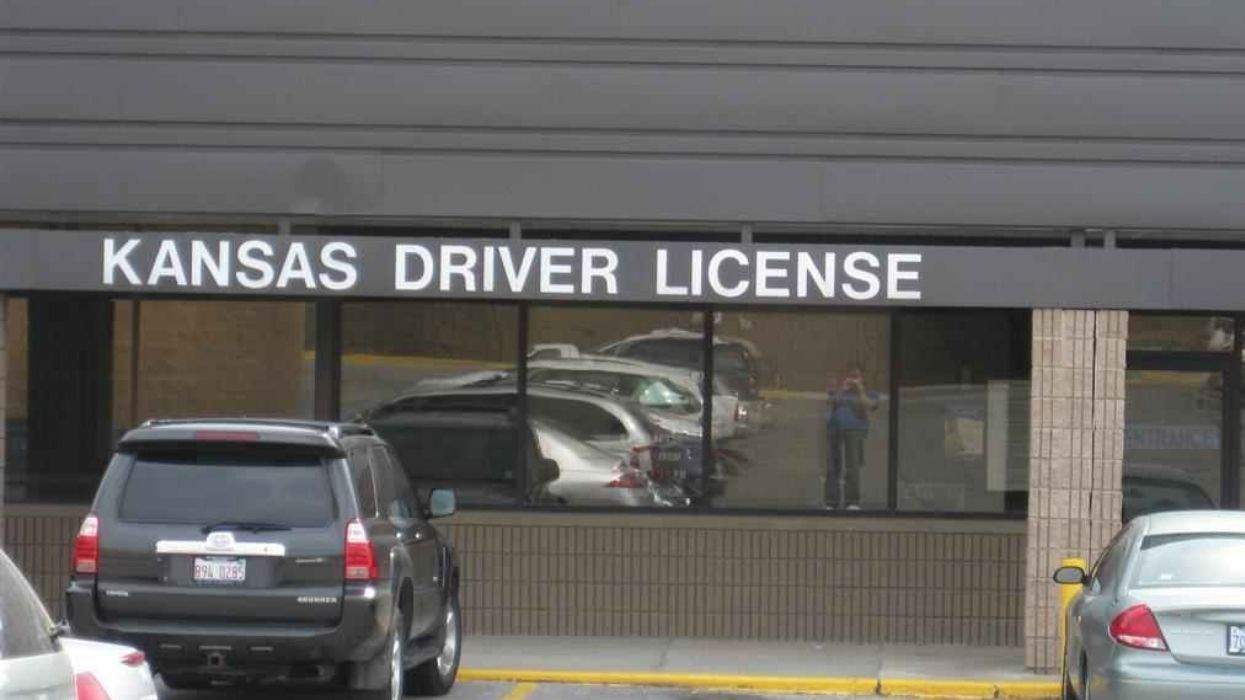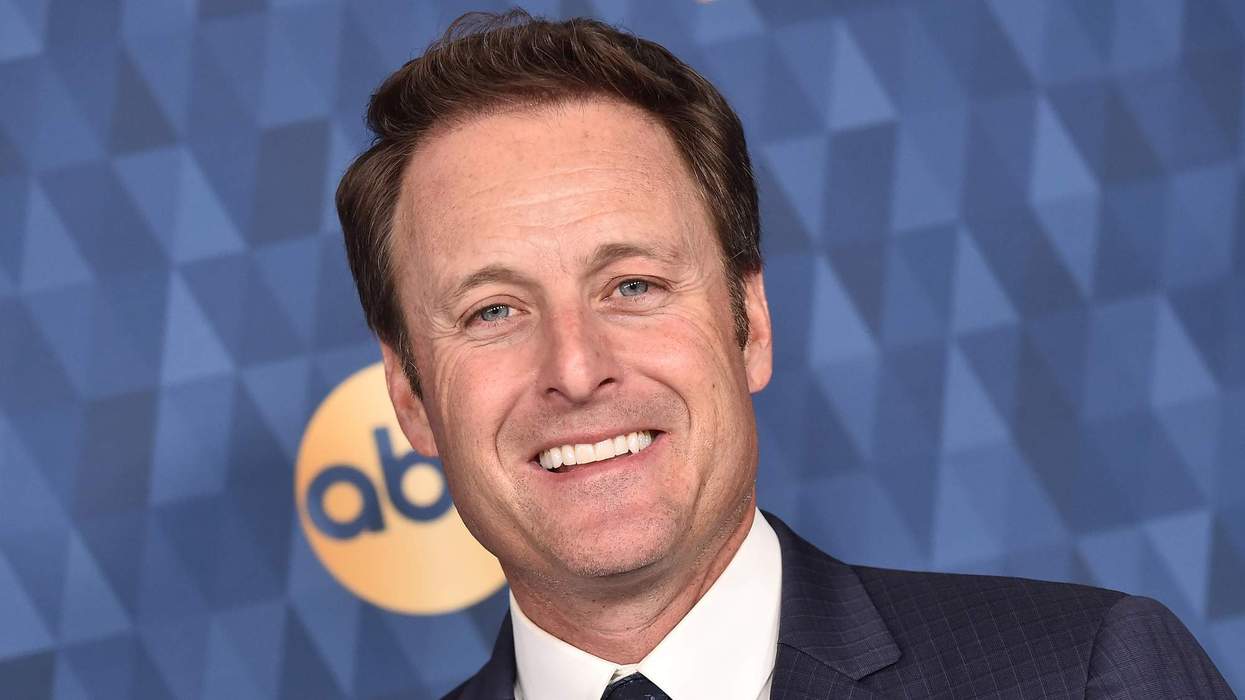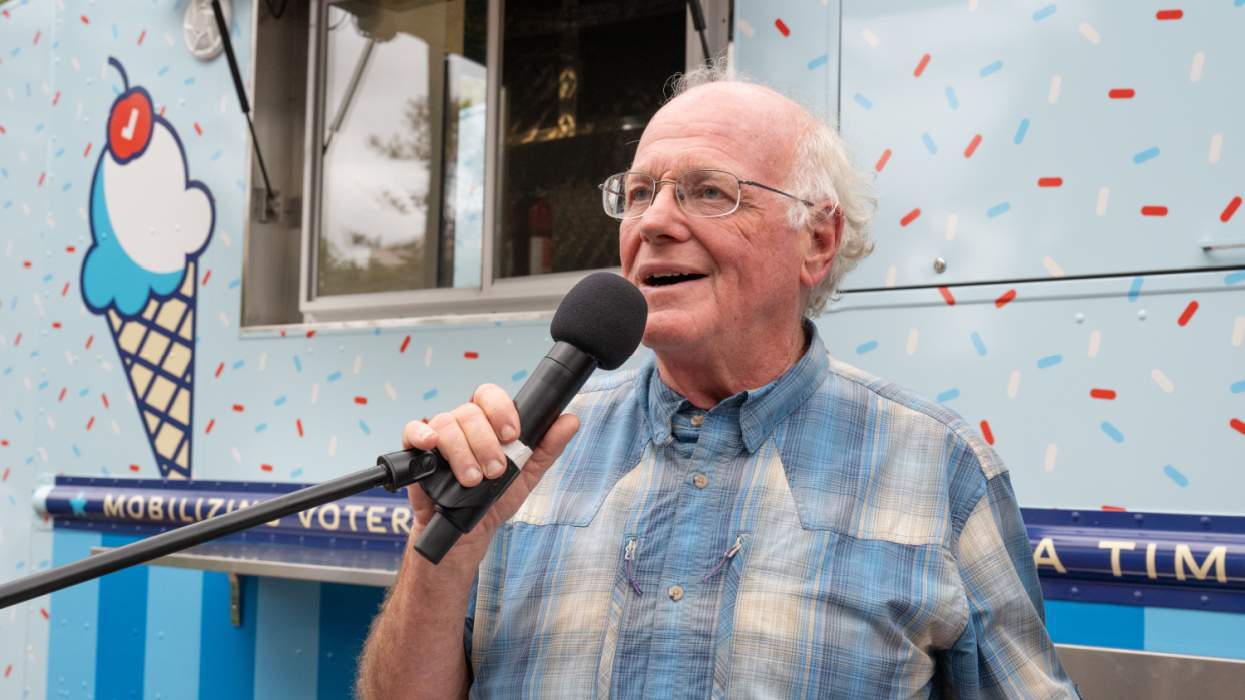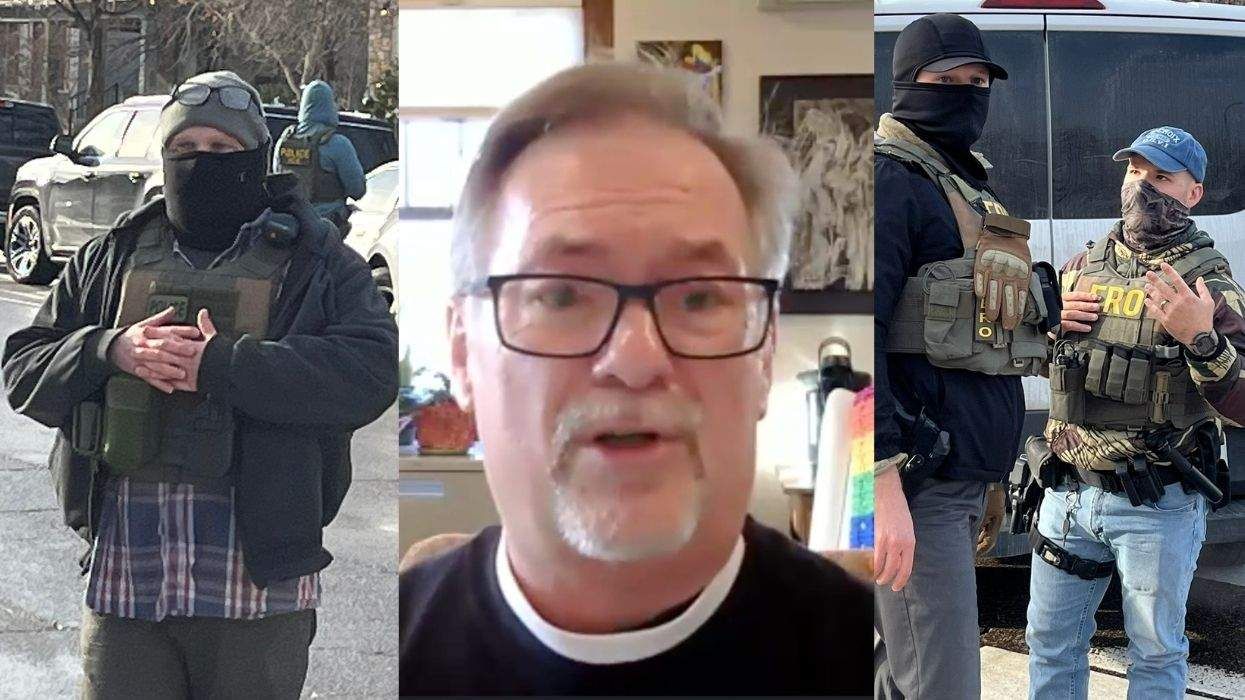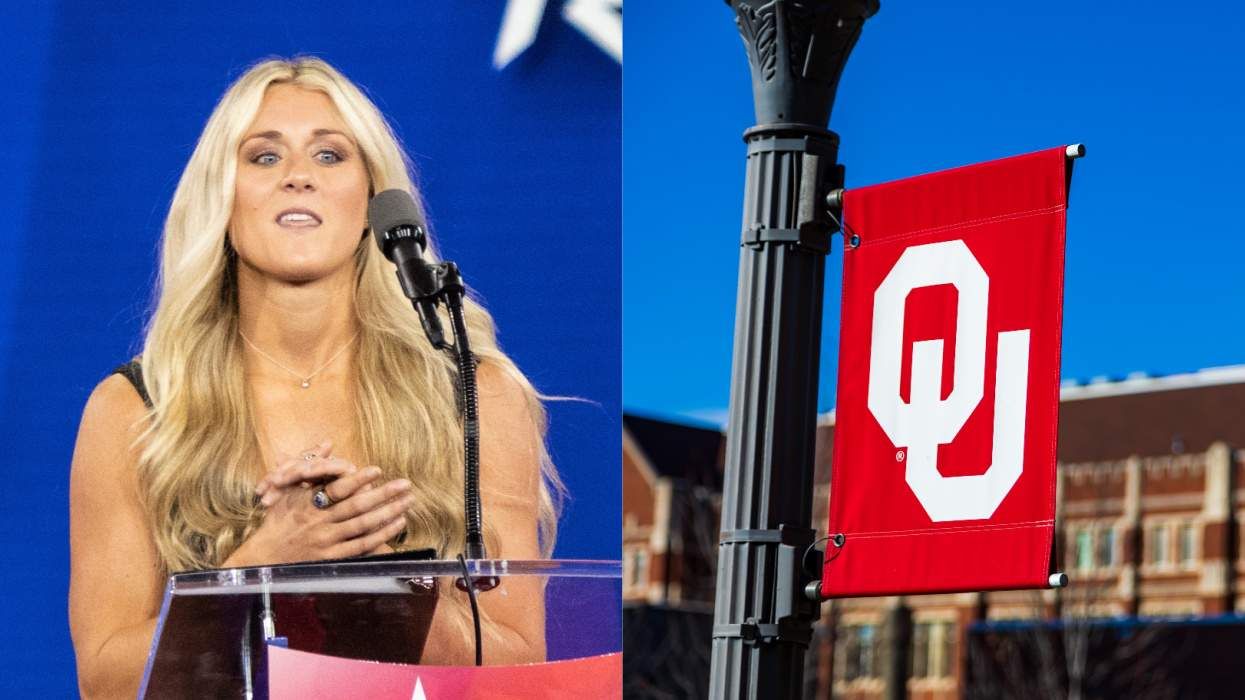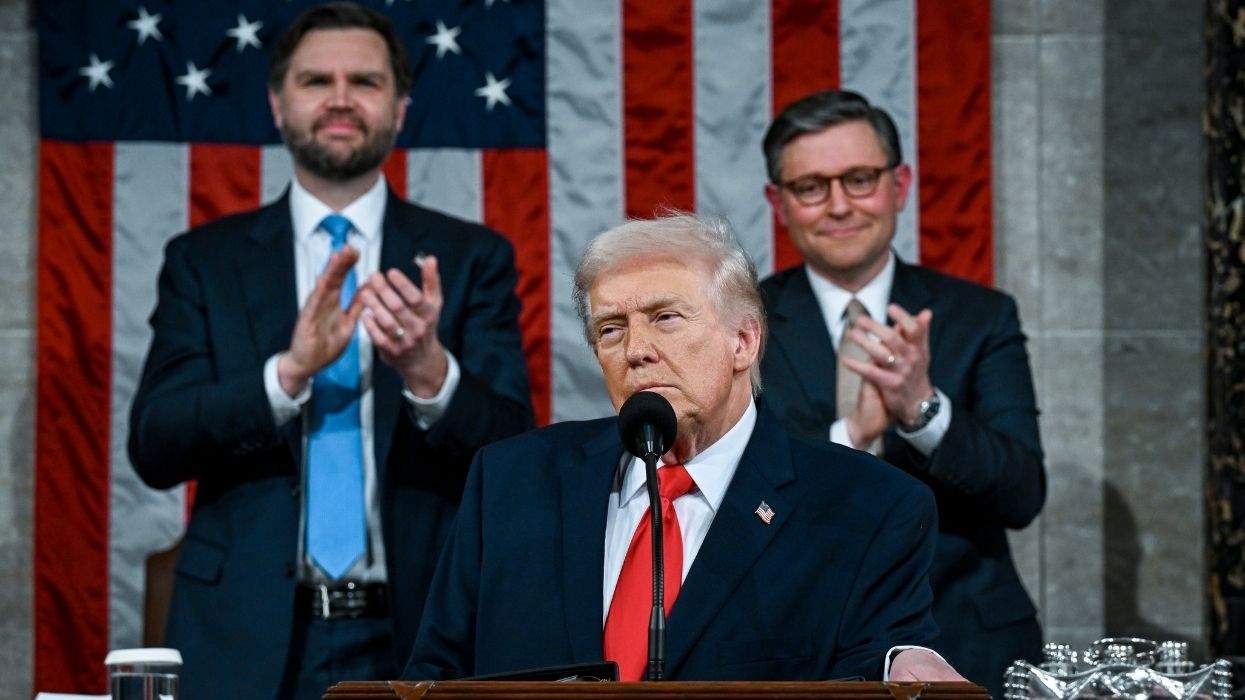A year ago this week, a friend sent me a chat message. I had been covering the papal conclave and he wanted my take on Cardinal Jose Bergoglio, who had just been elected pope, especially his stance on LGBT issues.
Since the Argentine cardinal hadn't been on anyone's short list, the best I could do was shrug.
A quick Google search revealed some troubling signs.
As the archbishop of Buenos Aires, Bergoglio said same-sex marriage was the creation of the "father of lies" and that children of same-sex couples were being "robbed" of their natural rights.
After a couple cautiously hopeful weeks for Catholics hoping for a new pope to end the years of hostility from Rome toward LGBT people, women, progressives, and others not in line with an increasingly rigid hierarchy, it looked like more of the same.
Of course, snap judgments made in the first few minutes after news breaks seldom stand the test of time.
In fact, just 45 minutes after his election, Pope Francis signaled that change was in the air.
When he stepped out onto the balcony above St. Peter's Square, as new popes are wont to do, he paused before blessing the crowd below. He asked, first, for the crowd's prayers. Then, at the conclusion of the brief ceremony, the pope said "bella sera," good night, and he asked the crowd to drive home safely. It was oddly personal, cordial.
Over the past 12 months, Pope Francis has surprised the world and captured the attention of Catholics, other Christians, people of different faiths and of no faith at all.
For LGBT people, the pope has opened the door, however slightly, encouraging an open and honest conversation.
First, there were reports that as archbishop of Buenos Aires, Pope Francis quietly and ultimately, unsuccessfully, encouraged a compromise in which Catholic bishops in Argentina would support civil unions for LGBT people and thus drop their campaign against same-sex marriage legislation.
Then, aboard a plane from Rio to Rome last summer, the pope gave an impromptu press conference. When asked about a gay lobby inside the Vatican and about the role of gay priests, he said, "Who am I to judge?"
Late last year, the Vatican took the historic step of asking bishops all over the world to consult the laity about a range of family issues, including exploring the adequacy of pastoral care offered to same-sex couples and their children.
And just last week, the pope offered cautious, though encouraging, words that the church should explore the nature of all relationships, including examining its own relationship with couples in civil unions. Many believe he was hinting that the church might be open to supporting such civil measures that protect same-sex relationships.
Some note that at face value, the pope's words are small and insignificant when compared to the tremendous gains made by LGBT people in the U.S. over the past decade.
Who am I to judge? Today, here in the U.S., being openly hostile to LGBT people is increasingly unpopular, and sometimes a ticket to political and professional obscurity.
Civil unions? Maybe 20 years ago, but today, it's seen as a separate-but-equal nonsolution.
Many Catholics have been hurt by the harsh rhetoric and actions on LGBT issues from previous popes and American bishops.
Pope Benedict, whose IQ certainly dwarfs his EQ, spoke clinically about LGBT people. He never entertained the idea that they are real individuals who struggle with the same existential questions as their heterosexual counterparts. He infamously suggested that same-sex marriage was a threat to the future of humanity, and his written remarks routinely cited the cruel "intrinsically disordered" wording of the church's official view on gay people.
Here at home, Catholic bishops have been among the most vocal and vicious opponents of LGBT rights.
Chicago's Cardinal Francis George compared gay rights supporters to members of the KKK. In Boston and Washington, D.C., Catholic charitablr agencies shuttered adoption programs rather than comply with nondiscrimination laws regarding the placement of children.
More recently, talented teachers and administrators have been fired from Catholic schools because of their sexual orientation and a bishop held an exorcism because he believed demons were responsibile for bringing marriage equality to Illinois.
So if LGBT people are less than enthused about the pope's gentle remarks, it's understandable. There's a lot of pain in this community, and it will take more than a few remarks to heal.
And yet.
Victories for LGBT people in the religious sphere won't resemble victories at the ballot box or in the courts or even in professional sports, the movies, or politics.
Progress in the religious sphere must be measured differently. Religions slowly and deeply form consciences and worldviews, and they animate the actions of billions.
Many, many Catholics know in their guts, often because of the social justice training from priests and nuns, that LGBT people are worthy of the same rights as others. With Pope Francis, they've been invited to consider those feelings further.
There are countless Catholics who identify as LGBT who have lived in the spiritual wilderness for several decades, knowing that the faith is as much theirs as it is any closed-minded bishop. With Pope Francis, they've been invited to live lives more fully.
And there are the faithful bishops, priests, and nuns who have, perhaps quietly, though sometimes quite publicly, supported LGBT people in their faith journeys, often putting their careers or promotions at risk. With Pope Francis, they've been invited to speak up a bit louder.
I've been reporting on the Catholic Church with an eye toward LGBT issues for a few years now. It's important, for the sake of accountability, to report the outrageous things some religious leaders say about LGBT people.
But at the same time, writing about the small gestures of support for a marginalized group seems like a more worthy, fruitful endeavor.
Has the pope gone far enough in welcoming LGBT people of faith into the Catholic Church? Hardly. And it's fine to focus on his, and his church's, shortcomings.
But Pope Francis has cracked the door ajar, ever so slightly, an invitation for LGBT people to talk about their experiences, good and bad, joyful and painful.
The LGBT population, of course, doesn't need the church's approval for any of its gains. But with 2,000 years of tradition to consider, the pope's offering of an olive branch to LGBT people is historic, novel, and praiseworthy.
The Catholic Church has the power to mold minds in a world where it's still illegal in over 80 countries to be gay, where suicide rates among LGBT people dwarf those of their straight counterparts, and where families still abandon LGBT children in even the most liberal enclaves.
The pope's opening the door for lay Catholics to reconsider their views on LGBT issues might, ultimately, usher in progress on scale with legal, political, and social victories. One year in, the door is open.
Michael O'Loughlin is a writer based in Washington, D.C. His work has appeared in America, Religion News Service, and Religion & Politics. Find more of his work at MikeOLoughlin.com, and follow him on Twitter at @MikeOLoughlin.

